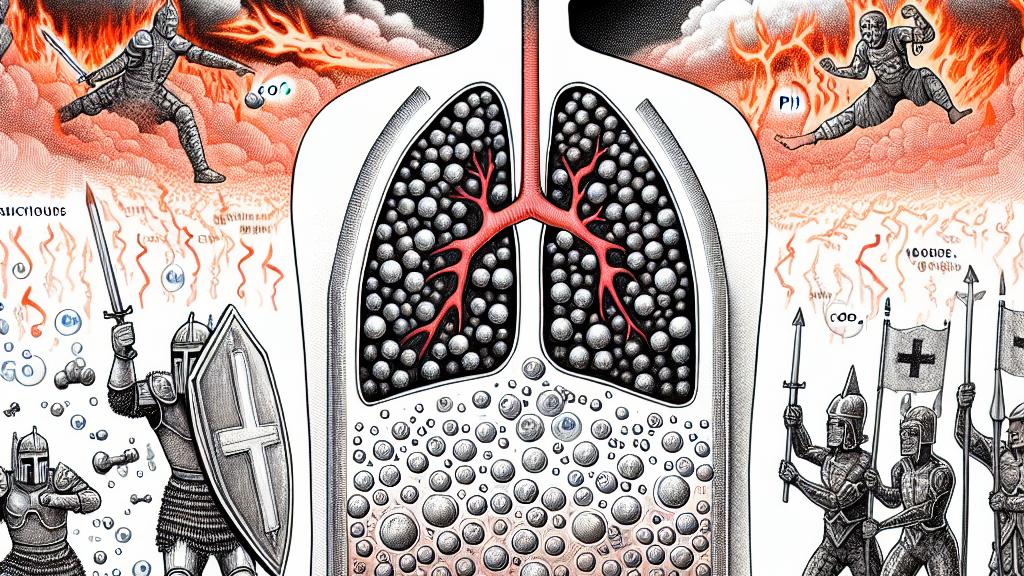The Unexpected Benefits of CO₂ on Cellular Health
Overview
- Discover the surprising role of CO₂ in supporting cellular health.
- Bicarbonate effectively transforms harmful free radicals into less dangerous forms.
- This innovative research could significantly change our understanding of DNA damage.

The Role of CO₂ in Cellular Health
In the United States, recent research conducted by a team at the University of Utah unveiled a groundbreaking truth about carbon dioxide (CO₂) that might surprise many: this gas, often blamed for climate destruction, can actually enhance cellular health! While CO₂ tends to make headlines for its contributing role in global warming, within our bodies, it can form bicarbonate when dissolved in bodily fluids. This bicarbonate performs a vital function, acting as a buffer that helps maintain pH levels while also shielding cells from oxidative stress—a significant factor in a multitude of diseases, including various cancers, cardiovascular issues, and even conditions associated with aging. Imagine the irony: the same element that jeopardizes our planet’s climate has a silver lining in our physiology!
Transforming Harmful Reactions
What’s even more intriguing is how bicarbonate alters a well-known chemical reaction known as the Fenton reaction. Typically, this reaction produces highly reactive radicals—think of them as the troublemakers in a crowded room, causing havoc by damaging DNA indiscriminately. However, when bicarbonate is present, a remarkable transformation takes place! Instead of chaos, we see the emergence of carbonate radicals, which selectively target only the guanine base in the DNA structure. Visualize this process as switching from a wild game of darts, where anyone can get hit, to a precise archery contest focused solely on a target. This precision not only reduces the potential for widespread damage but also demonstrates the cleverness of our cellular machinery. It alters our entire perspective on how oxidative damage occurs and challenges earlier assumptions that all damage is equal.
Implications for Research and Health
These profound insights have significant implications for scientific research and health interventions. Many researchers have historically overlooked the critical role of bicarbonate and CO₂ in their experiments—a bit like trying to bake a cake without flour; the essential ingredient is simply missing! This oversight can lead to misleading results regarding the understanding of DNA damage caused by oxidative stress. By recognizing and incorporating bicarbonate in laboratory protocols, scientists can better mimic physiological conditions and arrive at more accurate results. This shift could pave the way for the development of innovative antioxidant therapies and make strides in our battle against oxidative damage. Unquestionably, recognizing the beneficial aspects of CO₂ may help unlock new opportunities for refining health strategies that benefit us all.

Loading...